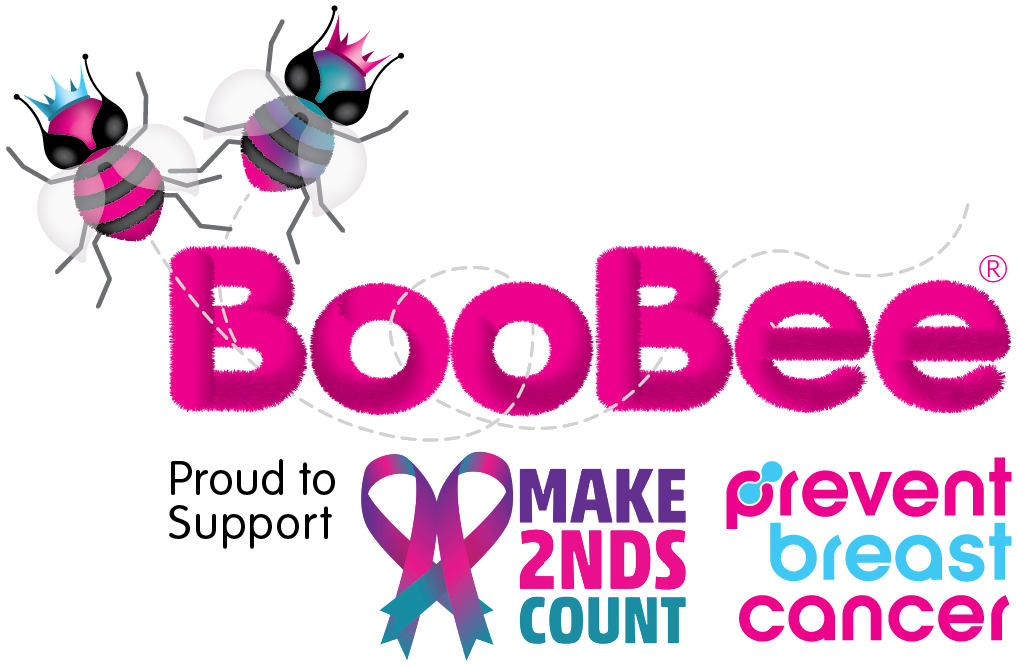EVERYTHING YOU WANTED TO KNOW ABOUT BREAST CANCER AND ARE AFRAID TO ASK
Manchester is renowned throughout the global scientific community as leading the world with its research into breast cancer prevention. Current studies in Greater Manchester include a world first. For the first time anywhere, women are being given a risk assessment at the same time as a breast screening.
The result of this study could mean that breast screening in this country will be revolutionised, thanks to the work being done in Manchester.
Although treatment of breast cancer is more successful these days, the disease is growing throughout the world at an alarming rate. In the UK the numbers of diagnosed rise each year, and this rise is predicted to continue - by 7% in the next 8 years.
Despite this, only a tiny percentage of research funding is focused on prevention – of all the monies raised for cancer research in the UK (for all types of cancer) only 3% is spent on prevention.
But Manchester is different.
Wythenshawe Hospital is the home of Prevent Breast Cancer and Europe’s only Breast Cancer Prevention Centre, which opened in 2007. Now Manchester’s Breast Cancer Network, a group of clinicians and researchers from a multiple of different disciplines, are leading the fight into understanding the causes of the disease & work together to prevent breast cancer for future generations.
Gareth Evans
Professor of Medical Genetics
Professor Evans has established a national and international reputation in clinical and research aspects of cancer genetics, particularly in neurofibromatosis and breast cancer. He has developed a clinical service for cancer genetics in the North West Region of England, which is nationally regarded. He is an important opinion leader nationally through membership of committees and was chairman of the NICE Familial Breast Cancer Guideline Development Group (2002-2010) and is now clinical lead (2011-). He lectures throughout the UK and internationally on hereditary breast cancer and cancer syndromes.
He has published 603 peer reviewed research publications; 225 as first or senior author. He has published over 90 reviews and chapters and has had a book published by Oxford University Press on familial cancer. He is Chief Investigator on a £1.59 million NIHR program grant (2009-2014) on breast cancer risk prediction and also has an NIHR RfPB grant as CI (2011). He has led a successful bid for a Nationally funded NF2 service (£7.5 million pa) that started in 2010 and is involved in the national complex NF1 service.
Prevent Breast Cancer has most recently funded his SNP-3 study, which will test whether it is feasible to incorporate DNA SNPs (gene fragments) into a risk score calculated at screening. This is part of a wider project PROCAS, which since its inception in 2010, PBC has awarded funds in excess of £500,000.
Anthony Howell
Professor of Medical Oncology
Tony Howell is interested, with Gareth Evans, in the prediction of breast cancer risk and the pharmacological prevention of breast cancer. He’s also interested in lifestyle preventive measures & in the underlying biology of breast cancer risk and prevention and the development of new preventive agents.
He is Professor of Medical Oncology and, leads the Prevent Breast Cancer Research Programme at the University Hospital of South Manchester NHS Foundation Trust. His interests are the endocrine therapy and biology of the breast and breast cancer with a particular interest in prevention. He has published over 650 papers mainly in these areas.
Cliona Kirwan
Professor of Surgical Trials and Consultant Oncoplastic Breast Surgeon
Chair of the Scientific Advisory Board, Professor Cliona Kirwan is one of our research scientists, the chair of our scientific advisory board and a member of our medical advisory board. She’s also part of the consultant breast team at Wythenshawe Hospital, seeing patients and performing surgery. Cliona Kirwan’s areas of interest include investigating the relationship between clotting and cancer. Her primary research area is studying how the clotting system helps cancer grow and spread & is investigating whether anti-clotting drugs have anti-cancer effects. She also research’s into patient satisfaction following breast surgery, particularly breast reconstruction, so that we can better inform patients as to what to expect following surgery.
Dr Michelle Harvie
Research Dietician
Dr Michelle Harvie is an award-winning research dietitian funded by Prevent Breast Cancer. For the last 22 years she has specialised in optimum diet and exercise strategies for weight loss and preventing breast cancer and its recurrence. Her findings have been published in many major scientific journals. Dr Harvie is the author of the best-selling book The 2-Day Diet. She was one of the first to demonstrate that weight loss can reduce risk of breast cancer. Her collaborative epidemiological study with the Iowa Women’s health study cohort (33,000 women) suggested risk reduction of 25-40%
Ashu Ghandi
Consultant Breast & Endocrine Surgeon
Ashu Ghandi has expertise in breast reconstruction surgery and along with surgeons Barr, Johnston and Rose is part of our clinical team who provide risk-reducing mastectomy surgery to our Family History Clinic.
James Harvey
Consultant Breast Surgeon
James Harvey has an interest in the clinical outcome of breast reconstruction surgery, in particular from the patient’s viewpoint. He also is involved in running surgical trials in breast cancer. Mr Harvey is an active trainer, participating in the teaching of trainee breast and plastic surgeons at both local and national levels. Mr Harvey is author of the Oxford Handbook of Breast Disease Management and is an Honorary Senior Lecturer at the University of Manchester.
Dr Soujanya Gadde
Consultant Radiologist
Soujanya is an expert in breast imaging, and in the ‘mammotome’ non-surgical breast biopsy technique. As a woman from the UK Asian community she has a particular connection and desire to improve breast awareness and early diagnosis among that community.







